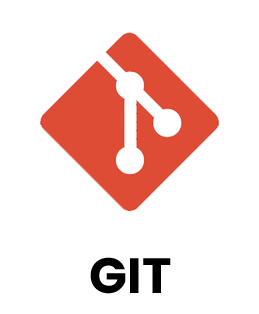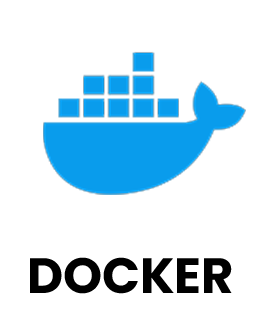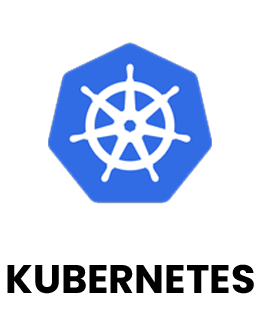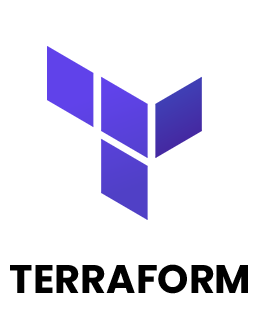- Join the Best DevOps Training Institute to Master Cloud & Automation Tools.
- Our DevOps Course Covers Everything From Fundamentals to Advanced Practices.
- Learn at Your Convenience With Flexible Options: Weekday, Weekend or Fast-track Batches.
- Get Hands-on Experience by Working on Real-time DevOps Projects Guided by Experts.
- Earn a Globally Recognized DevOps Certification With Job Placement Assistance.
- Receive Expert Support in Crafting a Professional Resume and Acing Job Interviews.
Join Our 100% Job Guaranteed
DevOps Training
WANT IT JOB
Become a DevOps Engineer in 3 Months
Freshers Salary
3 LPA
To8 LPA
Quality Training With Affordable Fees!

INR
36,000
INR 16,500

10893+
(Placed)
5923+
(Placed)
8531+
(Placed)
4567+
(Placed)

























 Chennai Location
Chennai Location Bangalore Location
Bangalore Location